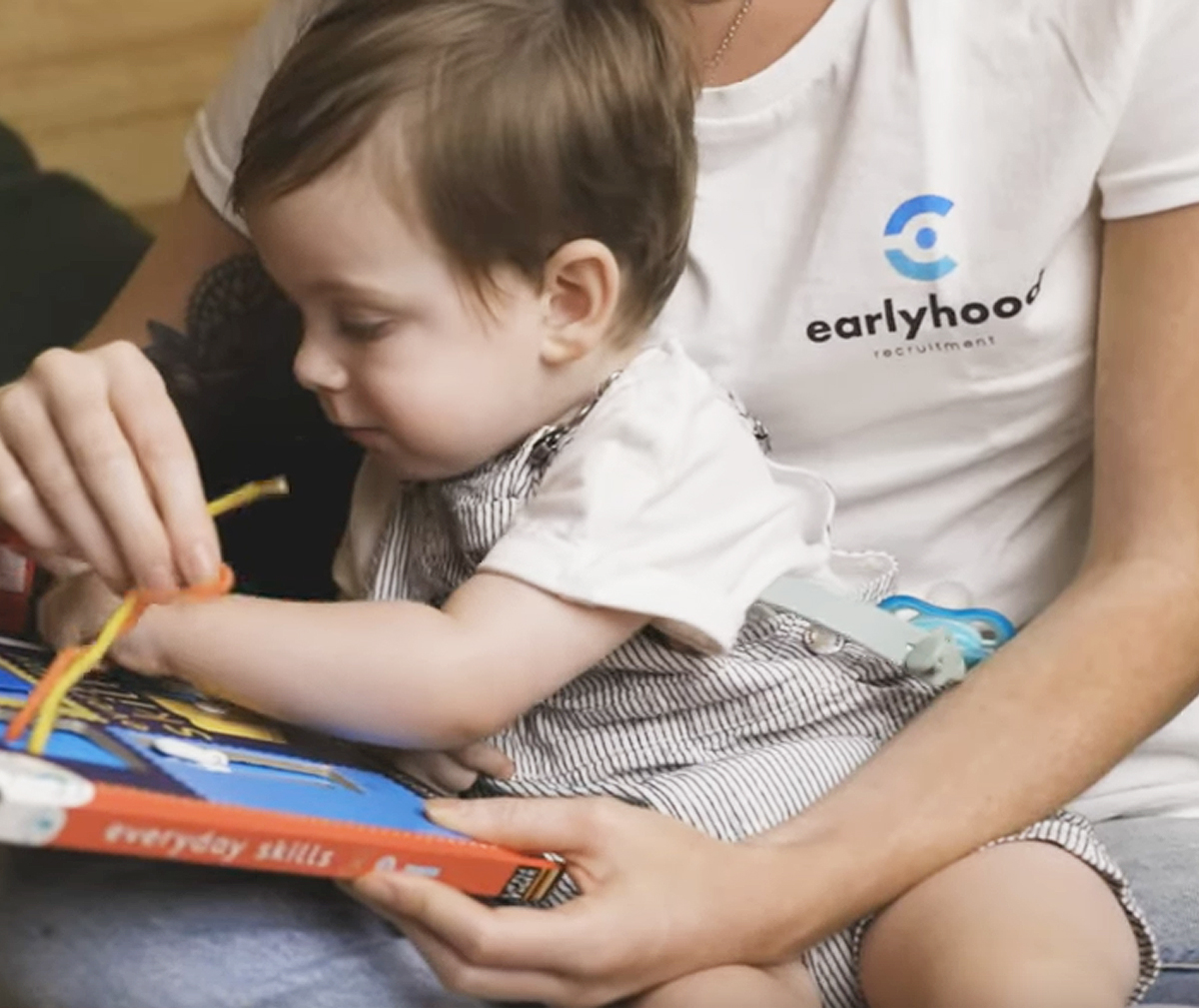The expansion of preschool services in New South Wales has left many questioning how to staff the upcoming facilities. In Goulburn alone, there’s a promise of over 770 new spots across various early childhood education and care (ECEC) venues, but uncertainty looms regarding who will fill these roles.
Despite approvals for new childcare centres in recent years, including a 95-spot centre at Quiberon Way and a 104-place venue on Bonneville Boulevard, they remain unopened.
The staffing shortage is so acute that it’s even hindering the local population growth, as families needing reliable childcare hold off on moving to the region.
The ripple effects are tangible; parents, especially those in crucial sectors like health and education, are struggling to find nearby care options.
“We need to see the government take action and support ECEC professionals more,” a concerned parent told regional reporters.
Families are stuck in limbo, with waiting times stretching up to four years, forcing some to reconsider their employment options.
“Commuting to Canberra without local ECEC is a challenge,” said a Goulburn mother.
“Without nearby family, it’s even tougher; we’ve no backup.”
It’s clear that as the early education sector grows, a comprehensive staffing solution must be found. Not only for the wellbeing of the children and their families but for the continued prosperity of the region as a whole.
Source: The Sector, About Regional











